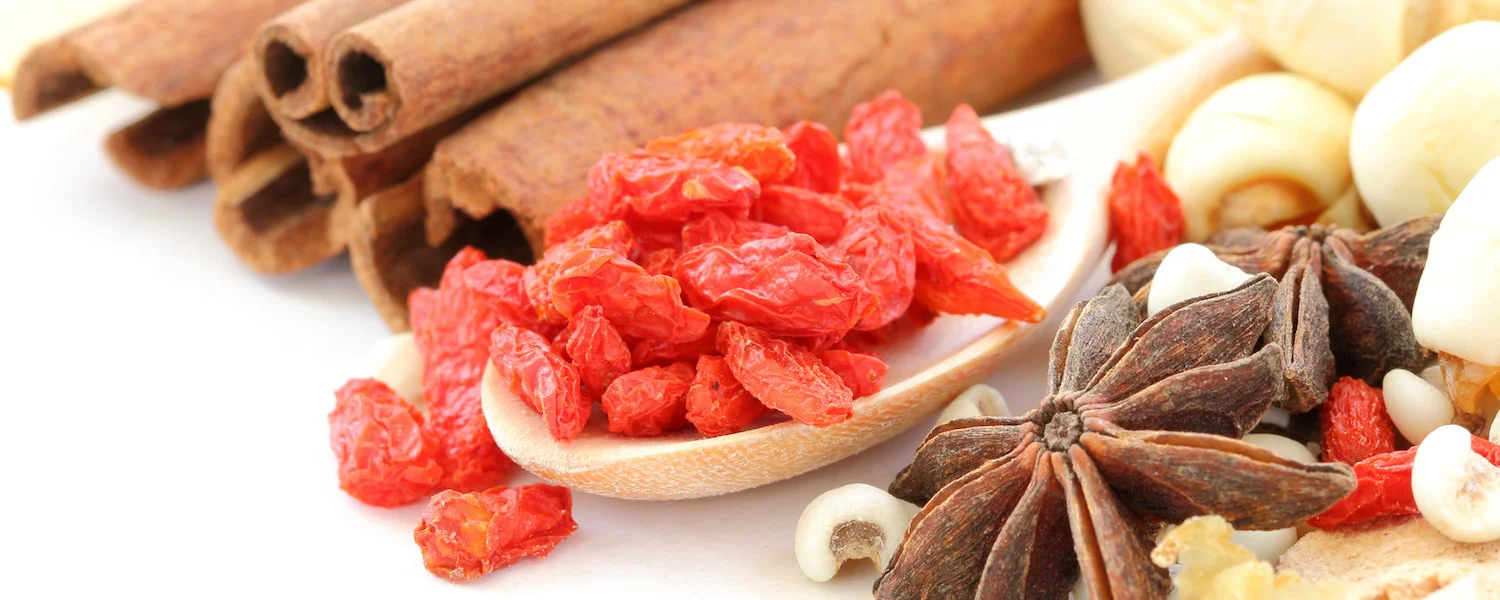Herbal Medicine
Herbal medicine, also called botanical medicine or phytomedicine, refers to using a plant's seeds, berries, roots, leaves, bark, or flowers for medicinal purposes. As an essential part of Traditional Chinese Medicine (TCM), Chinese Herbal Medicine is one of the great herbal systems of the world, with an unbroken tradition which can be traced back to the 3rd century BC. It has been used for centuries in China, where herbs are considered fundamental therapy for many acute and chronic conditions. Herbs can be used together with other remedies, such as acupuncture, to benefit the clinical outcomes and to provide long lasting relief.
Throughout history Chinese herbal medicine has continually developed in response to changing clinical conditions, and has been sustained by research into every aspect of its use. This process continues today with the development of modern medical diagnostic techniques and knowledge.
Chinese pharmacologist Tu Youyou received the Nobel Prize in Physiology or Medicine 2015, for using traditional Chinese herbal medicine to find a new kind of antimalarial agent.



